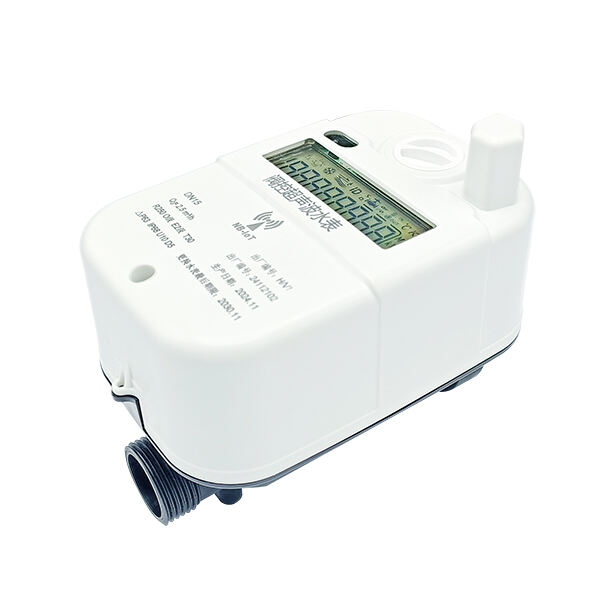Heat Meter: Measuring Thermal Energy in Heating Systems
A heat meter is used to measure the amount of thermal energy transferred in a heating or cooling system. By calculating the heat energy based on the temperature difference and flow rate of the fluid (usually water), heat meters help in accurately billing users for the heat they consume. They play a vital role in district heating, building energy management, and promoting energy efficiency.
Get A Quote

